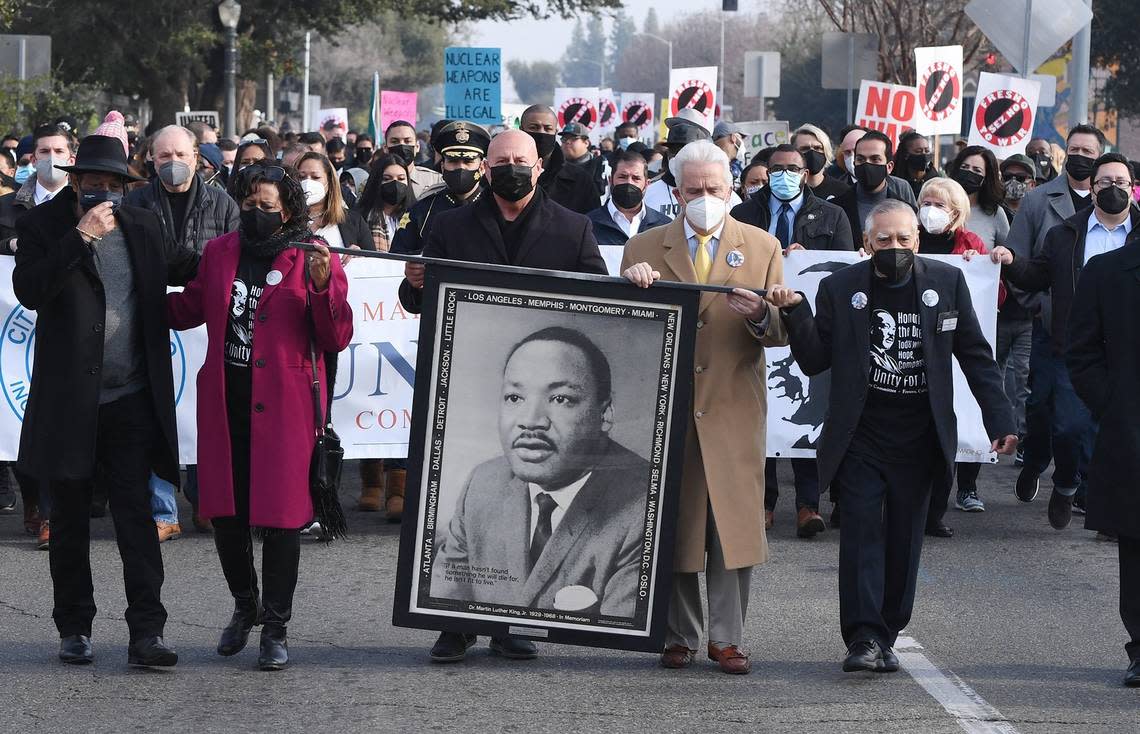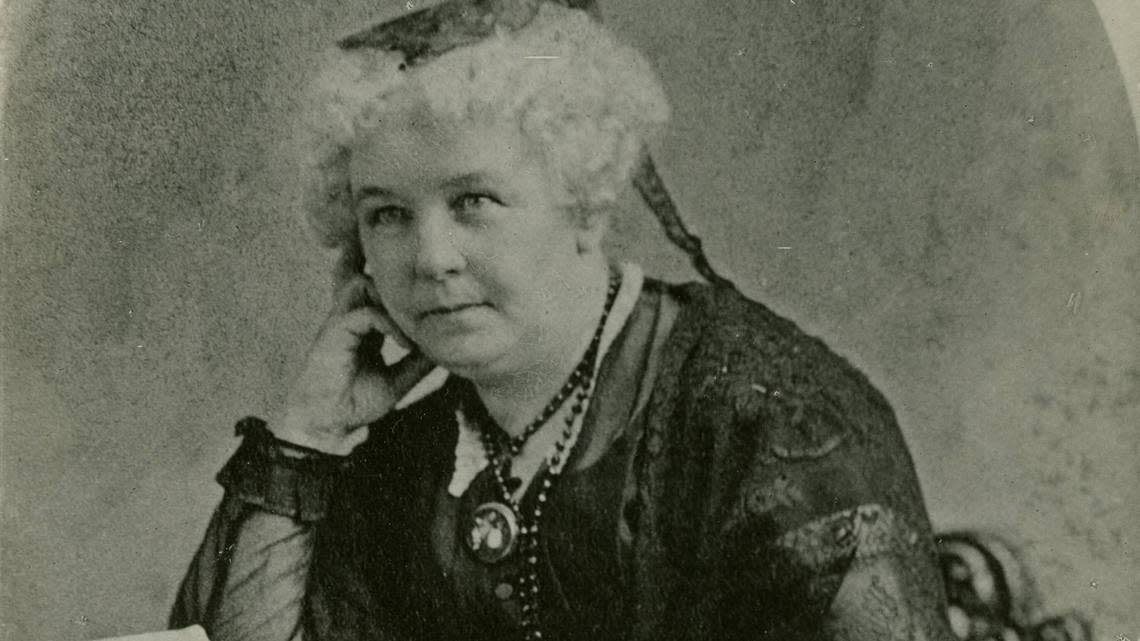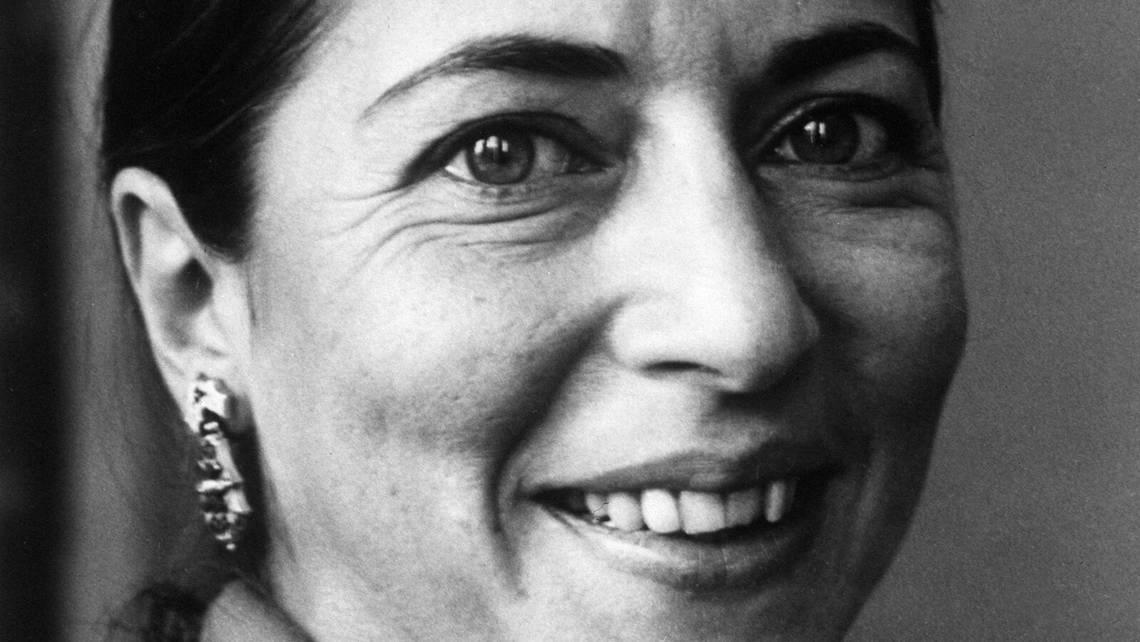Writing on the legacy of MLK: Three winning essays in 2023 Fresno County schools contest
In partnership with the Fresno County Martin Luther King Jr. Unity Committee, the Office of the Fresno County Superintendent of Schools hosts the annual Martin Luther King Jr. Art, Essay, and Speech Contest. Students in grades K-12 learn about and respond to the teachings of Dr. King.
Students can choose to create a work of art, write an essay and/or deliver a speech. The contest culminates with an exhibition and awards program to honor the students and their hard work. This year’s awards program will be held at 6 p.m. on Wednesday, Jan. 18 at the Clovis Veterans Memorial District.
The Bee Editorial Board salutes all the young people who took part and is pleased to publish the winning essays.
This year, the essay contest theme was “What is Your Life’s Blueprint? Building a Future on Dignity, Learning, Love, and Justice.” Here are the top essays in the high school, middle school and elementary categories.
High school division
Reese Cantu, 10th grade, Sunnyside High School
In Martin Luther King Jr.’s speech, he talks about dignity, learning, love, and justice. He spreads awareness on how we can make the world a better place for the next generation as a teenager. He mentions how hard school is and that sometimes you just want to give up and drop out. In this speech, his main focus was the necessity of having an education. In the article “ What is your life’s blueprint,” it states that MLK suggested not dropping out of school, no matter the circumstance. As I read his point of view on how important it is to stay in school, it motivates me to have a blueprint for myself. I am going to write about what I think shows dignity, love, learning, and justice. When I think about showing dignity, love, and learning, I aspire to achieve a higher education after high school. The word justice to me means showing respect for others and being equal.
As a teenager, I have been able to learn the elements of love, learning, justice, and dignity from my mom. She is a part of the League of Mexican American Women. The way she has inspired me in these aspects of life is by being a great person to the community. She continues to play a role in many of the school’s educational communities. My mom holds fundraisers to support high schoolers to continue a successful pathway for themselves. Her scholarships help with money for those who need it for higher education. These examples have helped me become a better person in the community. My blueprint is to be able to follow the same steps. Martin Luther King wants us to continue education to become something better for ourselves.
When I hear the words love, learning, dignity and justice, I realize these are values that are important to me. For justice, I think of Dr. King’s “I Have a Dream” speech because he mentions how he wants justice for everyone, no matter their skin color or race. I value love because love is to love all and show it in your thoughts and actions. The values of dignity and learning help you achieve many things and helps you get to your goals. It also helps you to get a higher education. Dr. King said, “If it falls your lot to be a street sweeper, sweep streets like Michelangelo painted pictures; sweep streets like Leontyne Price sings before the Metropolitan Opera, sweep streets like Shakespeare wrote poetry.” I think this means to work with what you got and make it the best you can.

For my life’s blueprint and how I will help make a difference, I know that first the difference starts with me, any little thing can lead to a big outcome. To make a difference in the world, I will graduate high school and then go to college. Eventually, I want to become a marine biologist and then have a family and kids.
As a marine biologist I can also help make a difference. I will learn more about sharks, and I can learn about some bacteria in their blood and skin that can help with illnesses. I will advocate for conservation and protection of the Earth. I hope to make a difference that way.
Middle school division
Chelsea Su, 7th grade, Kastner Intermediate
“We hold these truths to be self-evident, that all men are created equal...” as stated by the Declaration of Independence. However, the Declaration of Independence failed to mention another important aspect of equality. Elizabeth Cady Stanton put it this way, “We hold these truths to be self-evident: that all men and women are created equal...” Stanton was first pulled into the world of activism with the Seneca Falls Convention, July 1848. There, attendees proposed women’s right to vote among many other requests. Stanton was hooked and in 1841, she met Susan B. Anthony. They would partner to become two of the most recognizable characters in the early women’s suffrage movement. Stanton was one of the many figures throughout history who have encouraged others to pursue a life of dignity, learning, love and justice. Elizabeth Cady Stanton promoted a life of justice and of learning.
Elizabeth Cady Stanton inspired others to live a life of justice. For instance, “In 1839, Elizabeth stayed in Peterboro, New York, with her cousin Gerrit Smith... and was introduced to the abolitionist movement.” This showed that Elizabeth Cady Stanton initially was hooked by the movement to end slavery and became a supporter of it. However, when attempting to attend the World’s Anti-Slavery Convention in London, she (and many others) was denied official recognition, as they were women. This led to Stanton and other women “issu[ing] a call for a women’s rights convention to meet in Seneca Falls, New York... [and they] effectively launched the American women’s rights movement.” This, combined with her work and collaborations with Susan B. Anthony, shows that Stanton considered equality and justice to be important, and that everyone, from women to slaves, should have a chance at it. Her attitude toward women’s suffrage and abolitionism allowed her to be an inspiration for others to live lives of justice and equality.

Elizabeth Cady Stanton also motivated others to live a life of learning. According to “Elizabeth Cady Stanton” from Britannica, “Elizabeth Cady received a superior education... at the Johnstown Academy, and at Emma Willard’s Troy Female Seminary, from which she graduated in 1832.” This means that, even from the beginning, Stanton has received a good education and, as a result, knew that it’s important to be well-educated and continue to learn and grow. She even said, “To throw obstacles in the way of a complete education is like putting out the eyes.” From the metaphor in the quote, it can be inferred that Stanton considered education to be important and stresses equality of it for all. All of this goes to show that Stanton believed equal education is important and we should all strive to keep learning, no matter what obstacles we face. She believed that good education is a necessity. In the end, Stanton’s view on education for all inspires others to live a life of learning.
Elizabeth Cady Stanton was a notable figure in history, placing key roles in the early women’s suffrage movement and abolitionism. In addition, her influence can still be seen today, as she continues to inspire others to pursue lives of dignity, learning, love and justice. Elizabeth Cady Stanton encourages others to build a life of justice, from her support in early women’s suffrage movement and abolitionism, and a life of learning, from her background of a good schooling and her belief in equal education.
Elementary division
Ava Kim, 4th grade, Fugman Elementary
Ruth Bader Ginsburg was born on March 15,1933 to Jewish parents. Ruth grew up in Brooklyn, a borough in New York City. Later, she would become an advocate for equal rights and a U.S. Supreme Court justice who helped shape history and change the lives of many people.
Growing up, Ruth saw many anti-Jewish signs and witnessed discrimination to the Jewish race. While in college, Ruth decided she wanted to be a lawyer so she could advocate for the rights of others. She attended Harvard Law School in 1956. At that time, she was in a class where there were only nine women and more than 500 men.
After graduating from law school, Ruth went on to advocate for gender equality. She helped female professors from Rutgers University file and win a lawsuit for equal pay because she knew how it felt to be treated differently. She helped found the Women’s Rights Project at the American Civil Liberties Union. Later, she represented Sharron Frontiero, a female officer in the U.S. Air Force, fight for equal benefits for her husband. Male officers’ spouses were given benefits except for Sharron’s husband, which Ruth felt discriminated against women. Ruth won the lawsuit which gave female officers equal standing and rights as male officers.

In 1975, Ruth represented Stephen Wiesenfeld at the U.S. Supreme Court. The Social Security Act at the time allowed widows to get benefits while caring for their children but denied widowers, like Stephen, the same benefits. Ruth argued that such actions were discriminatory and violated equal protection.
In 1980, President Jimmy Carter appointed Ruth to be a Circuit Court judge in Washington, DC, where she served for 13 years. Then, President Bill Clinton nominated Ruth to serve as a U.S. Supreme Court justice and she was sworn in on Aug. 10, 1993 after the Senate’s ratification.
In 1996, a case came to the Supreme Court that Ruth was interested in. Virginia Military Institute (VMI) wanted to only accept boys. They thought girls would ruin their school. Ruth disagreed, and thought if a woman could get the chance and handle it, she should. The majority agreed, and Ruth was honored to read the Supreme Court’s opinion.
In 2007, Lily Ledbetter, who was a factory manager, brought a lawsuit alleging she was unfairly paid less than male managers. This was a landmark case where Ruth wrote her dissent that later impacted the decision of the Congress to pass the Ledbetter Fair Pay Act in 2009, which established equal pay.
In 2013, the Supreme Court struck down parts of the Voting Rights Act that made sure minorities got to cast votes. Ruth dissented because she believed that the decision was wrong. Even though it was a dissenting opinion, her words had a lasting impact.
Unfortunately, Ruth passed away on September 18, 2020. However, her efforts and perseverance in equality and justice has helped many people and will continue to do so.
